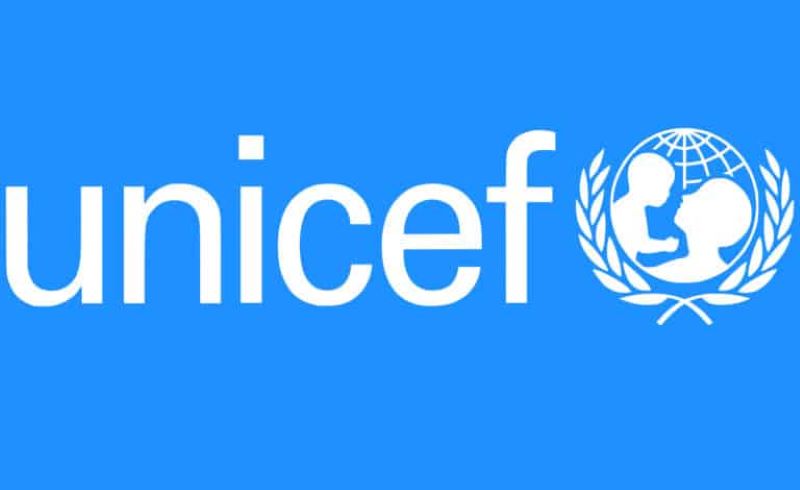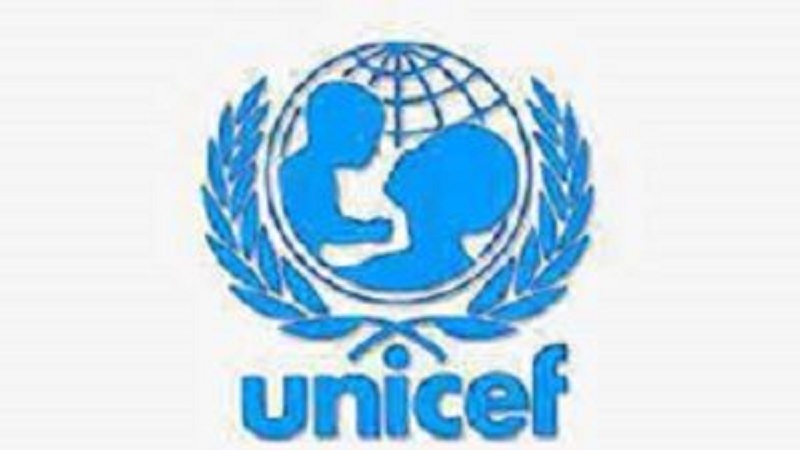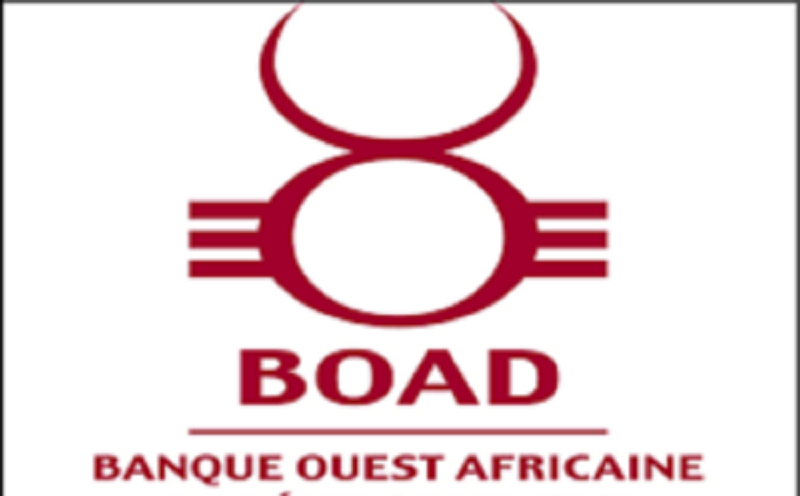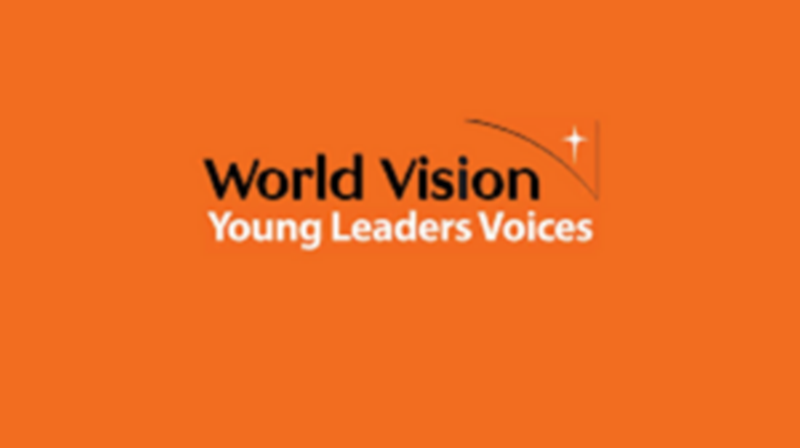UNICEF works in some of the world’s toughest places, to reach the world’s most disadvantaged children. To save their lives. To defend their rights. To help them fulfill their potential.
Across 190 countries and territories, we work for every child, everywhere, every day, to build a better world for everyone.
And we never give up.
For every child, protection
Ghana has made progress in improving the overall legal, policy, and enabling environment to protect children from all types of violence, abuse and exploitation. However, children continue to face challenges in realizing their full potential in Ghana. Violence against children in all forms continues to be a significant factor in this regard. Recent studies indicate that 94% of Ghanaian children aged 1-14 years suffered from violent discipline, while over 17% of children in Ghana are subjected to “severe” physical punishment. All forms of sexual and gender-based violence remain endemic in Ghana1. More than 1 in 3 (38%) adolescent girls aged 15-19 years reported experiencing at least one act of sexual violence in their lifetime2. Evidence from Ghana suggests that the pandemic has further exacerbated violence against women and children. Despite the existing legal and policy framework mandating coordination among social services providers at the decentralized level, key child protection services in Ghana continue to face bottlenecks stemming from inadequate resources, capacity constraints, lack of coordination and integration of case management systems across sectors in the wake of increasing caseloads.
Recognizing that a well-coordinated multi-sectoral response is needed to effectively address violence against children, the Government of Ghana, with support from UNICEF and other development partners, is currently implementing the Integrated Social Services (ISS) Initiative, which seeks to strengthen inter-sectoral collaboration between social welfare, social protection, and health actors at the decentralized and national level and ultimately improve the delivery of social services across the country. More specifically, ISS has a strong focus on promoting linkages between essential services provided by the Department of Social Welfare and Community Development (DSWCD), Ghana Health Service (GHS) and Domestic Violence Victim Support Unit (DOVVSU) and flagship social protection programmes such as the Livelihood Empowerment Against Poverty programme (LEAP) and the National Health Insurance Scheme (NHIS) across different Metropolitan, Municipal and District Assemblies (MMDAs). This involves strengthening linkages and working towards innovative and improved process flows, procedures, and information systems through which multiple social services at the decentralized level can effectively collaborate and complement each other. The ISS initiative is currently being implemented in 160 MMDAs in Ghana and is expected to be scaled up nationwide by 2024.
How can you make a difference?
The individual contractor will be responsible to support the UNICEF Child Protection (CP) and Policy and Evidence (P&E) teams in the implementation of ISS initiative and SWIMS in the current 160 MMDAs and scale up to additional 50 MMDAs in 2023. The contractor will work with the national technical steering committee, the Regional Coordinating Councils and District Assemblies in developing and carrying out their workplans, carrying out monitoring and, most importantly, documenting and learning from the field experiences. In the course of this work, the contractor will help the CP and P&E Sections to identify and address the operational bottlenecks and help to collect and systematize evidence for advocacy and programme improvement. The contractor will support with knowledge management tasks as well as helping to roll out training and capacity building for ISS workforce and SWIMS users. The purpose of the assignment described above goes beyond the capacity of the current UNICEF Child Protection and Policy and Evidence teams as it will require a more dedicated and technical expertise.
Key tasks ( Refer to the attached TOR for further details)![]() TOR_Individual Consultant – Child and Social Protection Contractor final.pdf
TOR_Individual Consultant – Child and Social Protection Contractor final.pdf
1. Establish and manage systems to record, track and analyze data and results of ISS and SWIMS with the aim of strengthening the systematic evidence generation on ISS and SWIMS and ensure relevant government counterparts will be able to manage those systems in the longer term.
3. Support with knowledge management tasks, such as development of policy briefs and advocacy material, fact sheets, research and proposal writing and reporting in relation to ISS and SWIMS implementation to promote learning and sharing.
4. Provide technical support for the full transition of SWIMS to the government-owned servers and establishment of inter-operability with other information management systems (such as the Child Labour Monitoring and Remediation System and the MoGCSP’s Helpline of Hope) in collaboration with the Primero team of UNICEF HQ and West and Central Africa Regional Office.
5. Develop necessary methodology and tools and support MoGCSP to conduct a review/audit of SWIMS with the aim of establishing a systematic process owned and managed by the MoGCSP to review the implementation of SWIMS on a regular basis.
To qualify as an advocate for every child you will have…
- An advanced university degree (Master’s or higher) in social sciences or relevant fields.
- A minimum of 4 years of relevant professional experience in professional work experience in child protection, including experience with social service workforce strengthening and child protection information management systems, such as Primero.
- Professional work experience in the management of programmes, planning monitoring, and evaluation, of which a significant share should be in developing countries.
- Proven capacity in preparing analytical programme documents and reports.
- Experience working with/ or in collaboration with UN agencies or international development organizations.
- Developing country work experience and/or familiarity with emergency is considered an asset.
- Fluency in English is required. Knowledge of another official UN language (Arabic, Chinese, French, Russian or Spanish) or a local language is an asset.
Interested candidates should provide their proposed budget covering all-inclusive fees (Monthly professional fee, subsistence allowance, travel-related costs-Approximately a total of 20 days during the consultancy (5 days per quarter).
For every Child, you demonstrate…
UNICEF’s values of Care, Respect, Integrity, Trust, and Accountability (CRITA).
To view our competency framework, please visit here.
UNICEF is committed to diversity and inclusion within its workforce, and encourages all candidates, irrespective of gender, nationality, religious and ethnic backgrounds, including persons living with disabilities, to apply to become a part of the organization.
UNICEF offers reasonable accommodation for consultants/individual contractors with disabilities. This may include, for example, accessible software, travel assistance for missions or personal attendants. We encourage you to disclose your disability during your application in case you need reasonable accommodation during the selection process and afterwards in your assignment.
UNICEF has a zero-tolerance policy on conduct that is incompatible with the aims and objectives of the United Nations and UNICEF, including sexual exploitation and abuse, sexual harassment, abuse of authority and discrimination. UNICEF also adheres to strict child safeguarding principles. All selected candidates will be expected to adhere to these standards and principles and will therefore undergo rigorous reference and background checks. Background checks will include the verification of academic credential(s) and employment history. Selected candidates may be required to provide additional information to conduct a background check.
Remarks:
Only shortlisted candidates will be contacted and advance to the next stage of the selection process.
Individuals engaged under a consultancy or individual contract will not be considered “staff members” under the Staff Regulations and Rules of the United Nations and UNICEF’s policies and procedures, and will not be entitled to benefits provided therein (such as leave entitlements and medical insurance coverage). Their conditions of service will be governed by their contract and the General Conditions of Contracts for the Services of Consultants and Individual Contractors. Consultants and individual contractors are responsible for determining their tax liabilities and for the payment of any taxes and/or duties, in accordance with local or other applicable laws.
The selected candidate is solely responsible to ensure that the visa (applicable) and health insurance required to perform the duties of the contract are valid for the entire period of the contract. Selected candidates are subject to confirmation of fully-vaccinated status against SARS-CoV-2 (Covid-19) with a World Health Organization (WHO)-endorsed vaccine, which must be met prior to taking up the assignment. It does not apply to consultants who will work remotely and are not expected to work on or visit UNICEF premises, programme delivery locations or directly interact with communities UNICEF works with, nor to travel to perform functions for UNICEF for the duration of their consultancy contracts.
Advertised: 14 Sep 2022 Greenwich Standard Time
Deadline: 28 Sep 2022 Greenwich Standard Time





